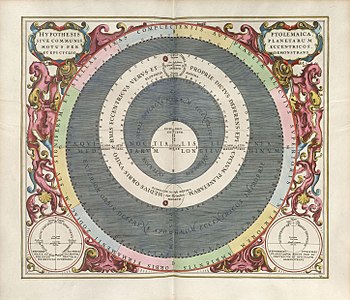
Back Hipotese Afrikaans Hipotesi AN فرضية Arabic Hipótesis AST Hipotez Azerbaijani Гипотеза Bashkir Гіпотэза Byelorussian Гіпотэза BE-X-OLD Хипотеза Bulgarian অনুকল্প Bengali/Bangla

A hypothesis (pl.: hypotheses) is a proposed explanation for a phenomenon. A scientific hypothesis must be based on observations and make a testable and reproducible prediction about reality, in a process beginning with an educated guess or thought.
If a hypothesis is repeatedly independently demonstrated by experiment to be true, it becomes a scientific theory. [1][2] In colloquial usage, the words "hypothesis" and "theory" are often used interchangeably, but this is incorrect in the context of science.
A working hypothesis is a provisionally-accepted hypothesis used for the purpose of pursuing further progress in research. Working hypotheses are frequently discarded, and often proposed with knowledge (and warning) that they are incomplete and thus false, with the intent of moving research in at least somewhat the right direction, especially when scientists are stuck on an issue and brainstorming ideas.
A different meaning of the term hypothesis is used in formal logic, to denote the antecedent of a proposition; thus in the proposition "If P, then Q", P denotes the hypothesis (or antecedent); Q can be called a consequent. P is the assumption in a (possibly counterfactual) What If question. The adjective hypothetical, meaning "having the nature of a hypothesis", or "being assumed to exist as an immediate consequence of a hypothesis", can refer to any of these meanings of the term "hypothesis".